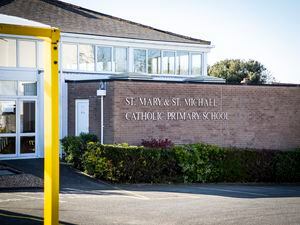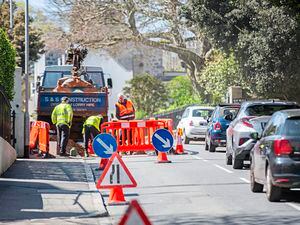‘2021 Budget does not address island’s insufficient tax base’
GUERNSEY’s tax base is not strong enough to deal with the challenges it faces, experts have warned.

Guernsey’s 2021 Budget was published and presented live on Monday for the first time, in a similar style to the now-familiar Covid briefings.
Ernst & Young Global company EY Guernsey highlighted differences to previous budgets. The 2021 Budget confirmed there would be no new taxes, nor any significant increases to existing ones. Previous budgets involved inflation-busting rises to duties and TRP, extension of the 10% or 20% corporate income tax rate to new business sectors, and a progressive shift in the burden of personal income tax towards those on higher incomes.
In last year’s budget, Policy & Resources presented a ‘balanced budget’, and the year before, its president Deputy Gavin St Pier described the 2019 Budget as a ‘fully balanced budget’.
This year P&R did not. EY said these differences were not surprising in light of the pandemic.
The 2021 Budget provided a stark view of the financial cost of Covid so far, not just in terms of additional costs to health and social care and direct support to businesses and workers, but in a substantial reduction in revenues. The pandemic will have directly impacted general revenue by over £80m. in 2020, excluding losses from the airline and the ports. But, the Budget also acknowledges that the position could have been so much worse.
‘Handling of the pandemic has enabled the economy to be remarkably resilient, with the housing market performing strongly, several sectors rebounding quickly, and unemployment falling back significantly from its peak of 5.2% in May 2020,’ head of tax in Guernsey at EY David White said.
P&R president Peter Ferbrache said Guernsey was in a far better position than many other jurisdictions and far better than might have been expected when the pandemic first arrived on our shores. However, the island cannot downplay how devastating the impact of Covid-19 has been on public finances.
Mr White noted one important similarity in this Budget and previous ones was the strong message that, even putting Covid aside, there are very serious financial pressures, both short-term and long-term, which will disrupt the cost of providing public services that society either needs or wants. ‘There was acknowledgement that we cannot afford what we have already committed to spend – and that this is not a Covid issue,’ he said.
‘Guernsey’s tax base is not sufficient to deal with these challenges and the 2021 Budget does not attempt to address them.’
He believed these challenges need to be addressed sooner rather than later, saying the current tax regime has reached the limit of what it can achieve.
‘This can only be addressed by a combination of growing the economy, cutting spending or raising new taxes. Of course, growing the economy is the ideal, but this will be a challenge with the global economy likely to be impacted by the pandemic for several years. As a result, there are difficult choices ahead – a Fiscal Review was already planned and this now becomes even more important to help inform the debate.
‘Next year’s Budget could be more challenging to present – perhaps the live media briefing might seem less attractive then?’





